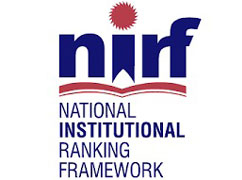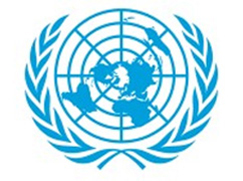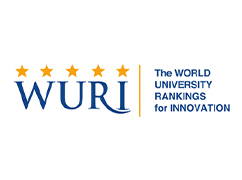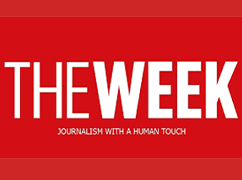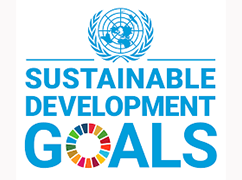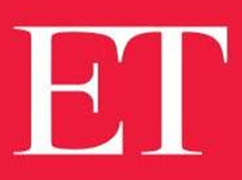The informal economy tends to be stigmatized as “illegal”, “underground”, “black market” or “grey market”. It is often called the “shadow economy” and characterized as illegal or inethical activity. The generalization is unfair.
The informal economy – broadly defined as an economic activity that is not subject to government regulation or taxation – sustains a large part of the world’s workforce. It is a diverse, complex and growing area of activity.
The high incidence of informality in all its forms has a multiple adverse consequences for the workers, enterprises and societies and it is a major challenge for the realization of decent work for all.
More than 6 workers among 10 and 4 enterprises among 5 in the world operate in the informal economy. Contrary to the old forecasts, informality has not diminished over time
WIEGO is a global network focused on securing livelihoods for the working poor, especially women, in the informal economy.Informal workers need voice, visibility and validity. WIEGO creates change by building capacity
Technological advancements in tandem with globalisation and demographic shifts are radically transforming the fundamental nature of work, workspaces, employment relations, production processes, rights and governance. According to the International Labour Organization (ILO).
Address
Dharmaram College Post, Hosur Road, Bengaluru – 560029, Karnataka, India
Telephone
+91 804012 9100 / 9600
Send us a Fax
40129000
Mail Us At
mail@christuniversity.in


